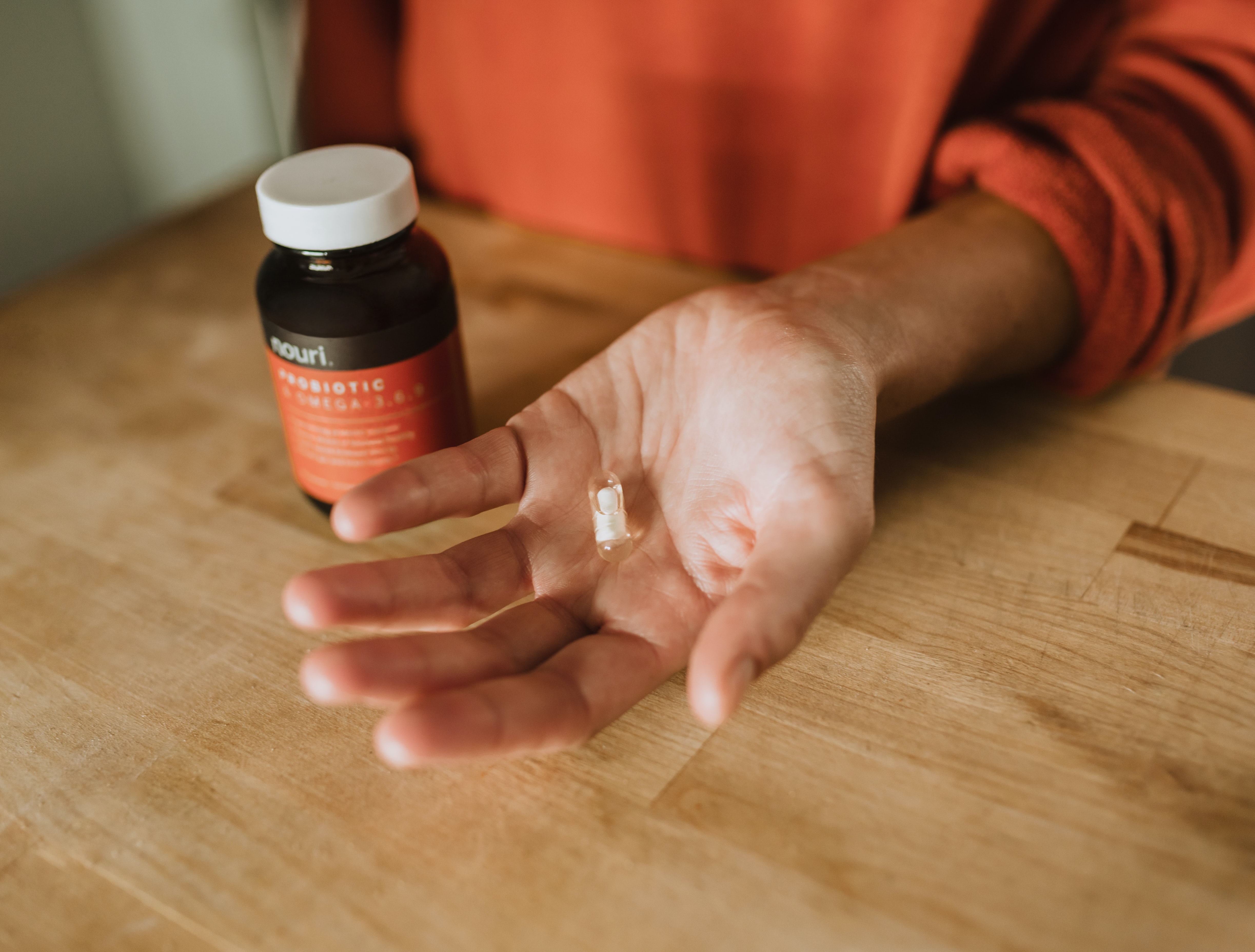Health & Hygiene • 03/23/2022
Is It a Good to Take a Multivitamin Every Day?

Revivalist is a reader-supported endeavor and our posts may contain affiliate links. When you buy through links on our site, we may earn an affiliate commission.
Many stores have a section entirely dedicated to rows upon rows of vitamins. These bright, cheery bottles contain everything from compact pills to flavorful gummies to fizzy drink mixes.
Supplement packaging suggests a host of positive benefits will come from taking multivitamins. These benefits include filling nutrient deficiencies, improving sleep, strengthening hair and nails, and even lifting low moods.
Do supplements live up to these claims? Are they essential for a person’s well-being and a good choice for everyday nutrition? Read on for a deep dive into the research behind vitamins and whether it’s a good idea to take a multivitamin every day.
A Quick History of Multivitamins
Scientists first began isolating and studying the properties of vitamins in the early 1900s. Despite criticism from the medical community, vitamin cures and supplements appeared on the market soon after this discovery.
In the 1940s, nutritionists who were studying food believed that Americans weren’t getting sufficient nutrition. Vitamins were believed to be the solution for helping individuals get the recommended amount of nutrients for ideal growth, health, and vitality.
By World War II, vitamins were being produced synthetically and sent with soldiers to combat nutrition deficits. Over the next few years, the food industry began to fortify food with extra vitamins. Unfortunately, these enriched foods were usually stripped of much nutritional value during processing before being fortified, meaning that they often were less healthy than before.

Vitamins: Good or Bad?
The research on vitamins is mixed, with some studies showing health benefits from taking vitamins and other studies suggesting they can do more harm than good. Because the science is so split, the medical community often is too.
However, the research does suggest several general truths about vitamins:
Vitamin supplements can’t replace a nutritional diet.
Vitamins are a single part of the complex, rich diet that humans need to thrive. When vitamins are ingested naturally with food, other valuable nutrients are taken in and processed with them. Together, these components nourish people’s bodies and minds and create overall wellness.
Although it may be tempting to just take a vitamin to improve a health issue, it’s wiser first to renew dietary nutrition and lifestyle habits. Like their packaging says, multivitamins are supplements – not meal or sleep replacements.
Vitamins benefit specific populations more than others.
Certain populations who require additional nutritional support may benefit from vitamins, even if they already eat a healthy diet. These populations include the elderly, pregnant or nursing mothers, vegans or vegetarians, and people with gene abnormalities that make it difficult for them to process vitamins naturally.
Some nutritionists argue that everyone can benefit from taking a multivitamin every day because of topsoil depletion. Over the last 100 years, farming methods across the globe have depleted soil of organic matter. Without nutrient-rich soil, plants and organic products contain reduced levels of vitamins, minerals, and other natural compounds.
Synthetic vitamins aren’t identical to naturally occurring vitamins.
Ever since the pharmaceutical industry started synthetically manufacturing vitamins, there’s been debate about whether these vitamins are as healthy as naturally-occurring vitamins.
Research suggests that the answer to this can be yes or no, depending on the vitamins in question.
For instance, vitamin E is processed much better in its natural form than in its synthetic form. However, some doctors believe certain vitamins can be absorbed more readily in their synthetic form. Because of the complexity of this discussion, it’s best to research specific vitamins before adding them to a daily regimen.
It’s easy to tell if vitamins are natural or synthetic by checking package labels. Vitamins that are entirely natural in origin are marked as “100% natural” on the bottle. Their ingredients list consists of whole foods like fish and vegetables and doesn’t list preservatives and additives like bitartrate and nitrate.

People can overdose on some vitamins.
With vitamins as well as everything else, there can be too much of a good thing. In most cases, excess vitamins can be naturally eliminated without harming the individuals taking them. However, there are a few vitamins that do have adverse effects if ingested in high amounts.
There are two main types of vitamins: fat-soluble and water-soluble. Water-soluble vitamins don’t usually have adverse side effects, even when taken in large amounts. Notable exceptions include vitamins B6 and B3, which can cause nerve and kidney damage if taken in very high doses.
Fat-soluble vitamins are more likely to have adverse health effects when overdosed because they are stored in physical tissues. Vitamin K doesn’t have a recommended upper safety limit, but vitamins A, D, and E can all cause health issues if taken in large amounts.
Best Multivitamin for Women
If you’re looking to incorporate more vitamins into your system, consider the following:
- Calcium
- Vitamin D
- Vitamin C
- Iron
- Folate
- Iodine
- Magnesium
These are some of the best vitamins for women to take, and many multivitamins contain them. Do your research before buying a brand if you want to make the best decision for you. Some brands to consider are Pure Encapsulations, One A Day and Olly. These companies all make women’s multivitamins made specifically to boost women’s health.
Should People Take Vitamins?
Is it good to take a multivitamin every day? It can be, especially for people with nutrient deficiencies.
However, individuals interested in vitamin supplements should always consult with a physician and consider the type and quality of their supplements before partaking in them. Vitamins cannot replace the benefits of a nutritious diet, and regardless of their history, they should never be taken as miracle cures.
Subscribe to Our Weekly Newsletter
We would love to connect deeper with you!


